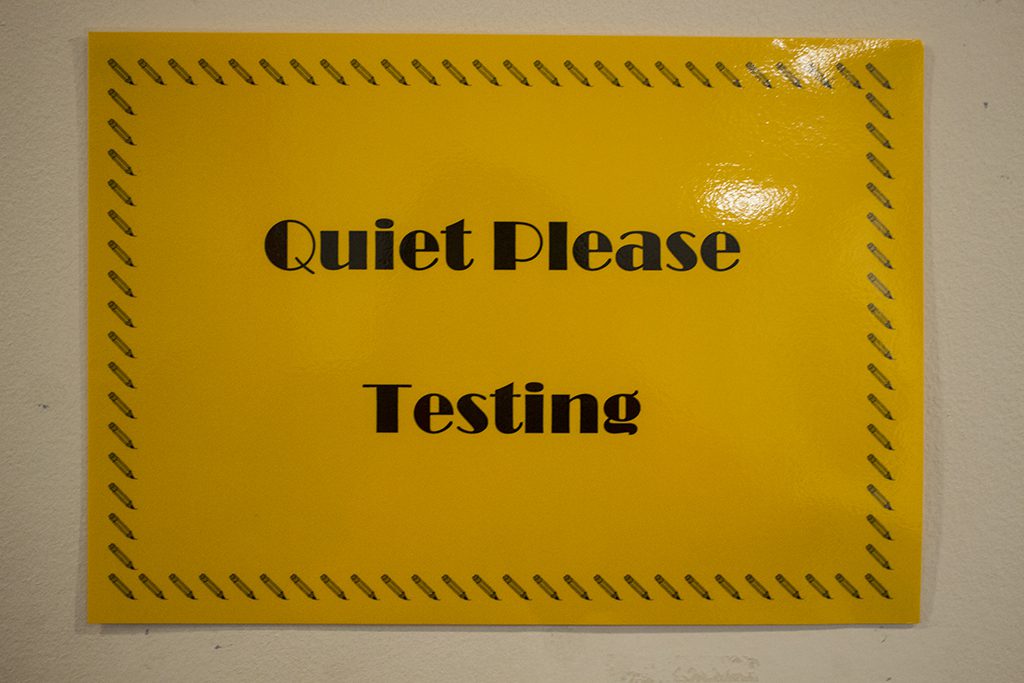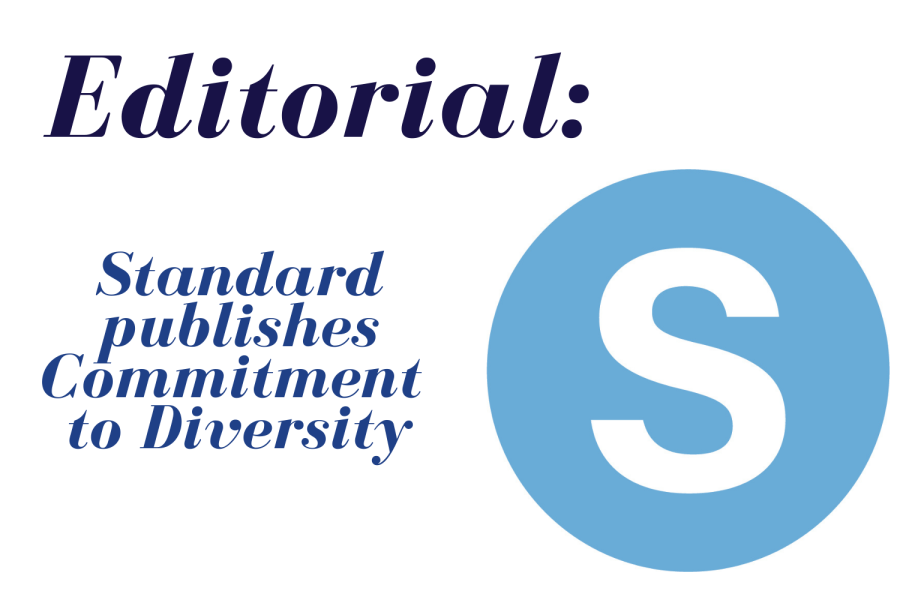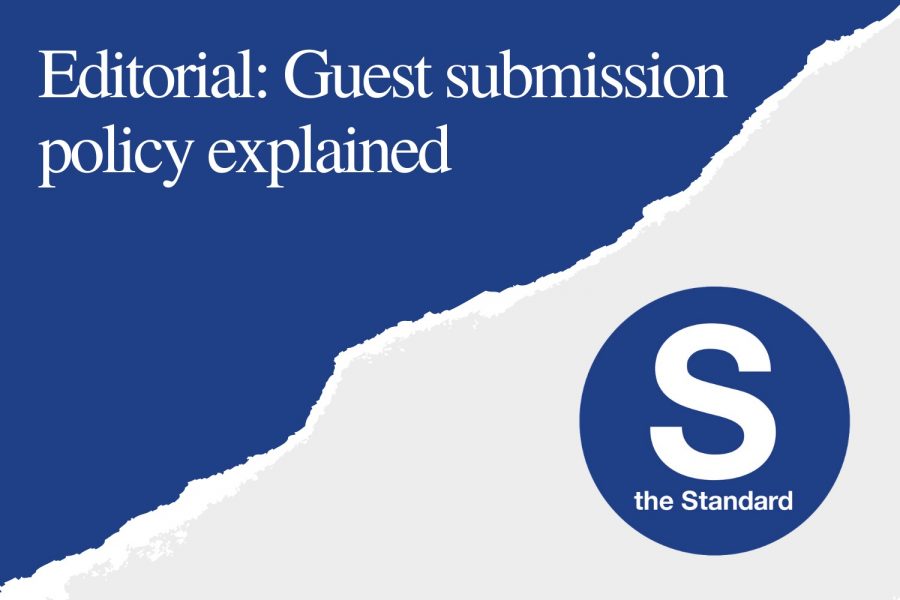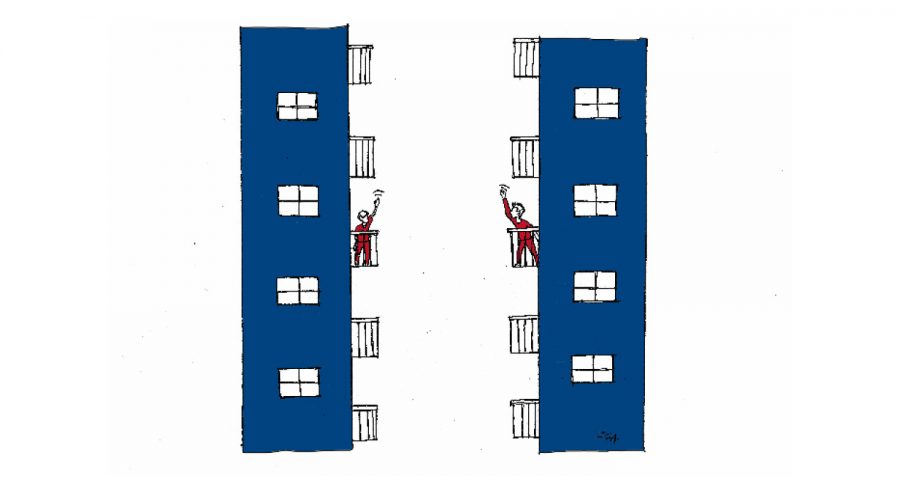Each school year, the months of April and May are fraught with stress as the Advanced Placement (AP) exams draw closer. However, what is often left undiscussed amongst the student body and the administration is the extortionate cost APs present to some families and the underlying assumption of privilege surrounding a testing culture.
It is first necessary to establish that if enrolled in an AP course at ASL, it is a course requirement to sit for the exam. However, the price of each exam presents an obstacle when fulfilling this requirement. Each individual test costs £130, and for certain classes such as Economics and Physics C, students have to take two tests, thereby paying double. With many students taking up to five APs each year as well as ACTs, SATs and SAT subject tests, the costs quickly add up.
We, as an Editorial Board, have propositions to aid both problems. We believe the first step to addressing this issue is stating that the AP exam is no longer a course requirement. Students enrolled in AP classes should be encouraged to sit for the exam, but not forced. Many private schools in the U.S. no longer make the AP exams compulsory. Some schools have gone as far to label all AP classes as “honors courses,” where they teach the AP curriculum, with the option, not requirement, to sit for the exam at the end of the year. This also benefits students’ college process, as schools are unable to question why a student took an AP class, but failed to sit for the exam. The term “honors” provides flexibility as well as financial benefits for students.
Making AP exams voluntary would also provide a necessary optionality to any student who does not feel adequately ready to take the test, as well as those who simply wanted to learn the material, but not have the added pressure of an AP exam. Chinese 5 is a key example of this method. Students in Chinese 5 are in the same class as AP Chinese students, yet, have the ability to decide whether they want to take the exam. In this way, they are able to learn the same material, but also have more freedom in how they want to complete the course.
[socialpoll id=”2502388″]
Additionally, for seniors who have accepted college offers that are not contingent on exam scores, APs are no longer essential. Yes, some students may be able to receive credit for their score, however, for some, saving £500 outweighs the potential credit awarded.
We also understand that some students want to take certain AP exams, but struggle to afford them. Therefore, we also call upon the administration to subsidize more exams or to incorporate them into the financial aid program. If these exams remain mandatory it is paramount that they do not cause economic strain for families. There need to be more open conversations and clarity regarding financial aid opportunities, thus destigmatizing the topic.
Even if a family does not require financial aid for the test, the £130 testing fee quickly accumulates over a student’s high school career, amounting to an average of £1,000 by the time they graduate. If ASL were to make the AP exam optional, it would promote a productive dialogue between the student, their family and the course teacher about the preparedness of the student and whether the exam is truly necessary.
The emphasis placed on test preparation and tutoring, coupled with the assumption that all students are able to spend £130 per exam, underscores a problem to this Editorial Board. The cost of all testing, on top of our tuition, is a price we find alarming. However, it is normalized within our community when taking the AP exam is a “requirement.”
In the future, even if our exact suggestions are not followed, this Editorial Board believes that the school needs to find ways to make AP tests, as well as other forms of standardized testing, more inclusive of every member of the community, regardless of their economic status.
Photo by Alexandra Gers















Izzy H • May 15, 2018 at 6:31 pm
I totally agree with this, knowing that multiple of my friends have mentioned that they can’t take APs “because they can’t afford to”, and I think that if you have the capability to take an AP, you should be able to, regardless of the price. I know there are some schools in the US that do pay for the student’s exams, and it seems like a lot more reasonable and affordable for the students , given they are also sitting for ACT/SAT and the subject tests, which also carry a big price tag.
Isabel • May 14, 2018 at 10:47 pm
Great article!!
Lisa Montgomery • May 10, 2018 at 12:09 pm
Worse yet, ASL adds a surcharge to the AP exam. At today’s exchange rate, the actual cost of an AP exam is £92. No doubt ASL would say that they need to pay proctors. Surely they do, but that is the cost of doing business, as it were. ASL should absorb that or not teach the AP curriculum.